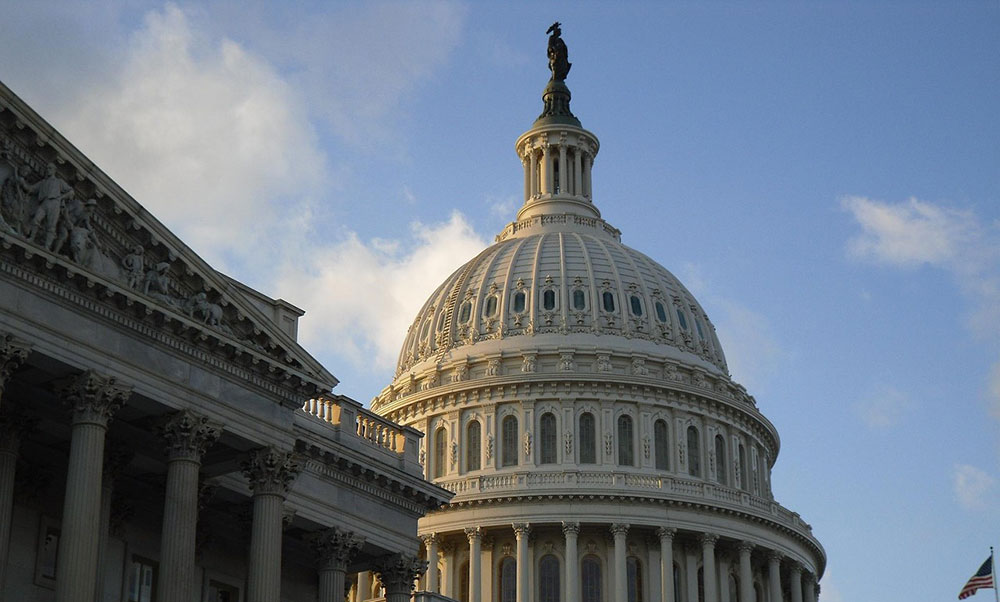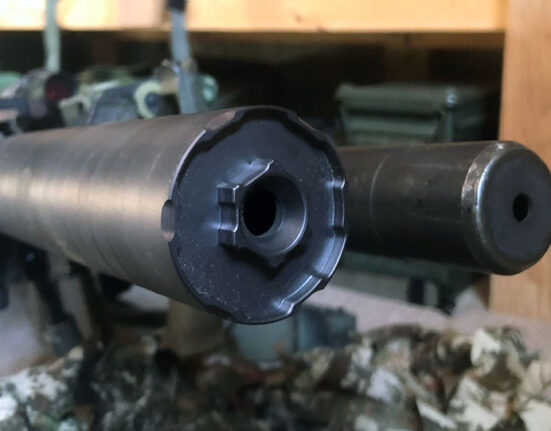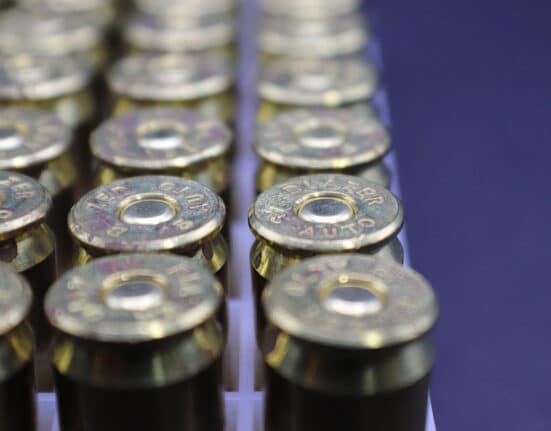Politics in this country can be frustrating, especially when the two major parties remain so far apart. Too often, leaders seem more interested in scoring political points than solving problems. Government shutdowns are one of the clearest examples—like the one that began at 12:01 a.m. on October 1.
What’s most aggravating is that those responsible for shutdowns rarely feel the consequences. Instead, ordinary citizens and businesses do—especially when non-essential government services are suspended. For the firearms industry, that can mean delays with the ATF and related processes.
Impacts of a Government Shutdown
Every shutdown plays out a little differently, but some effects are predictable. According to the National Shooting Sports Foundation, the FBI’s National Instant Criminal Background Check System (NICS) will remain operational, as it has in previous shutdowns. Purchases of rifles and handguns through Form 4473 should continue without issue.
Other critical activities, like criminal investigations, compliance inspections and law enforcement support, will also continue—though federal agents may not get paid during the closure. However, some ATF divisions, including Licensing and NFA, will be understaffed due to furloughs.
What This Means for FFL Holders and Buyers
For the Licensing Division, furloughs mean delays in processing Federal Firearms License (FFL) applications and renewals. Submissions can still be made, but they won’t be reviewed until the shutdown ends. If the closure drags on, processing times could be further delayed once operations resume.
The NFA Division will also be affected. Transfers for suppressors, short-barreled firearms and machine guns will stall until Congress resolves the shutdown. A prolonged closure could also lead to backlogs, making wait times even longer afterward.
Imports and exports could also face disruptions. Firearms, parts, and ammunition brought in from overseas may slow down, potentially reducing inventories for retailers and manufacturers. That could create shortages of both parts and completed firearms.
No one can predict exactly how this shutdown will play out. Essential services will continue, but many others won’t. Ultimately, the Office of Management and Budget and the executive branch decide which services remain active.
What’s clear is that firearm businesses and buyers should brace for delays in licensing, NFA transfers, and imports until Washington finds a way forward.
For FFL holders with licenses expiring during the shutdown—say, October 4—the NSSF advises contacting your local ATF office to confirm that your license remains valid.
The NSSF is requesting further guidance from ATF, BIS and DDTC on how the shutdown will affect services.







